Tag: Special Elections
-
Pennsylvania to hold special elections to determine control of state House
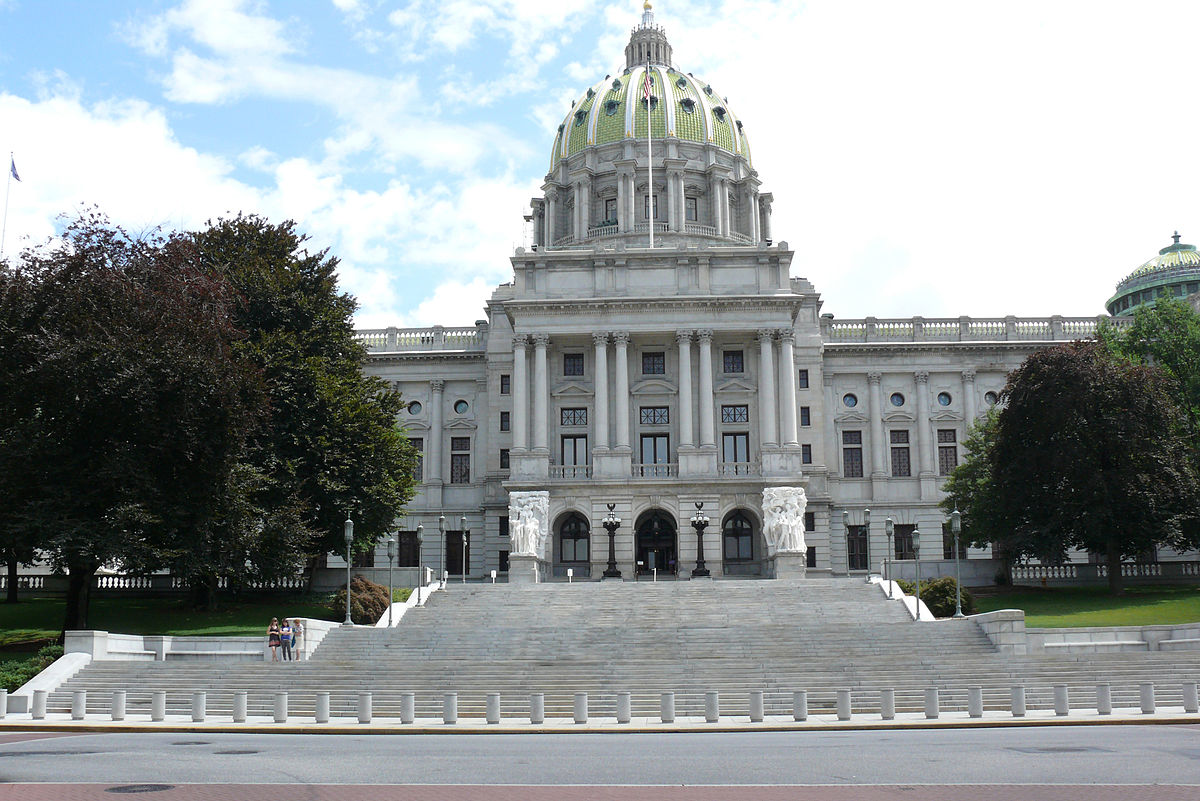
Pennsylvania will hold special elections to fill vacancies in House Districts 108 and 163 on May 16, 2023. Democrats currently have a 101-100 majority, and the results of these elections will determine majority control of the chamber. If Democrats win one special election, they will keep their majority in the chamber. Republicans would win the…
-
Daniel Knodl (R) wins special general election for Wisconsin State Senate District 8, Senate Republicans regain supermajority
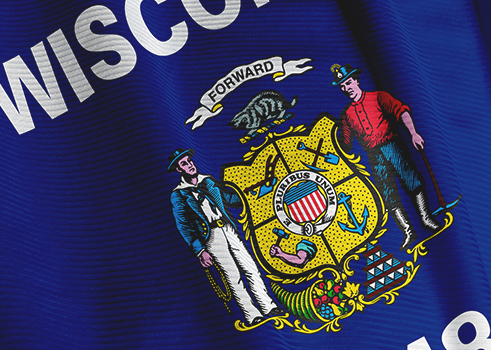
Daniel Knodl (R) defeated Jodi Habush Sinykin (D) in the special general election for Wisconsin State Senate District 8 on April 4, 2023. Knodl received 50.9% of the vote to Habush Sinykin’s 49.1%. Once Knodl is sworn in, Senate Republicans will have a 22-member supermajority, giving the party the votes necessary to speed up the…
-
Ryan Chamberlin advances to May special general election for Florida House District 24
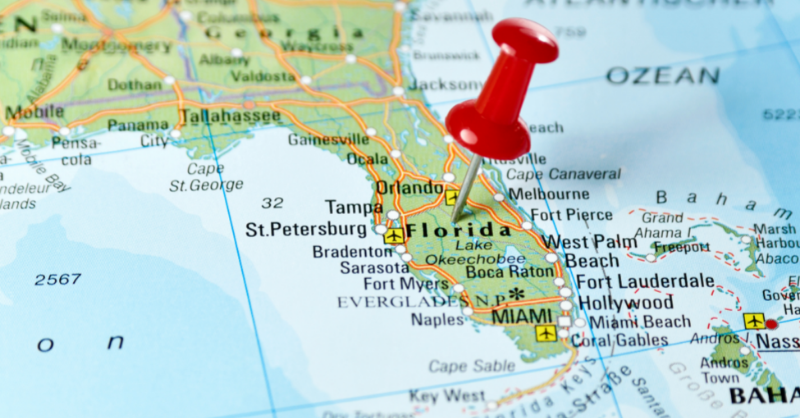
The special Republican primary for Florida House of Representatives District 24 was on March 7, 2023. A Democratic primary was not held. Ryan Chamberlin advanced to the general election and defeated Justin Albright, Jose Juarez, Stephen Pyles, and Charlie Stone. The special general election is scheduled for May 16, 2023. The filing deadline passed on…
-
Habush Sinykin (D) and Knodl (R) to run in special general election for Wisconsin State Senate District 8
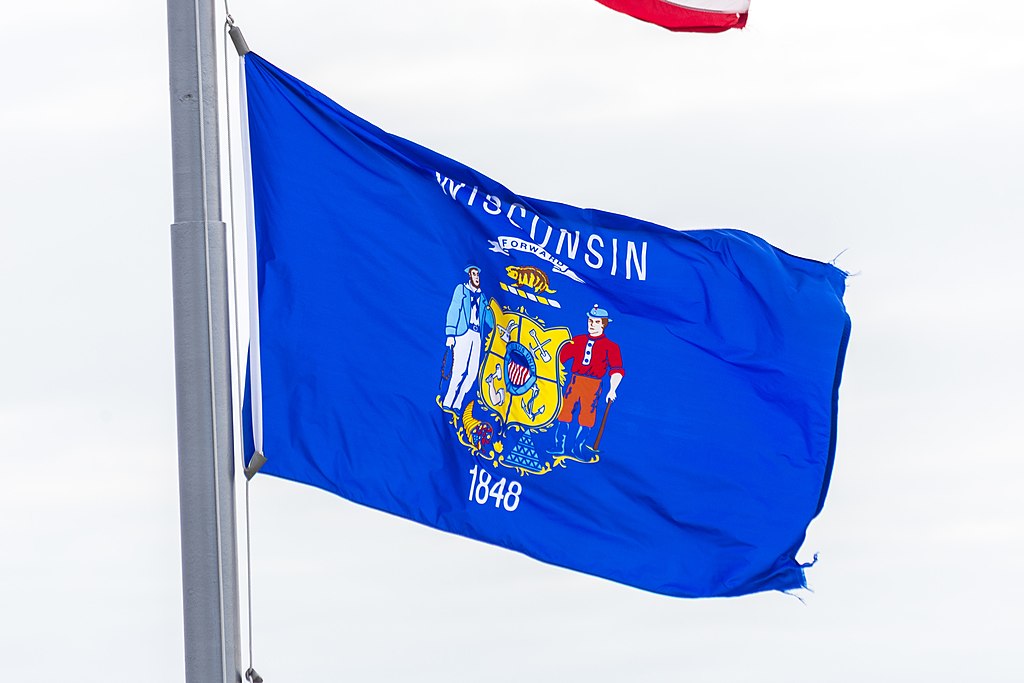
Jodi Habush Sinykin (D) and Daniel Knodl (R) are running in the special general election for Wisconsin State Senate District 8 on April 4, 2023. Republicans have held the seat since 1993, following Alberta Darling’s (R) election to the state Senate in 1992. Darling retired on Dec. 1, 2022. Her retirement reduced Senate Republicans’ 22-member…
-
Chambers Armstrong wins Kentucky State Senate District 19 special election
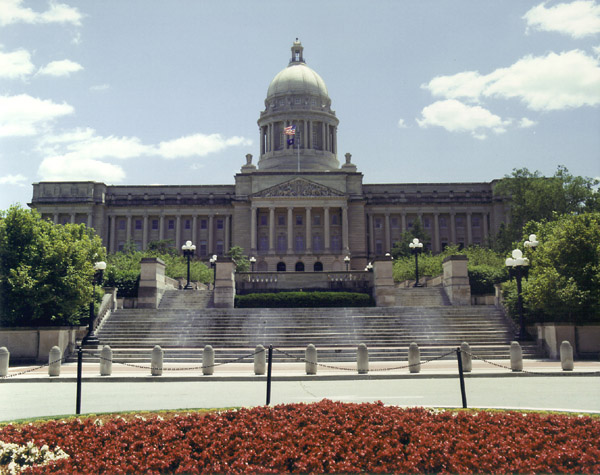
A special general election took place for Kentucky State Senate District 19 on Feb. 21, 2023. Cassie Chambers Armstrong (D) won the special election with 77% of the vote to Misty Glin’s (R) 22.9%. The special election was called after Senate Minority Leader Morgan McGarvey (D) left office to represent Kentucky’s 3rd Congressional District on…
-
Habush Sinykin and Knodl advance from Wisconsin State Senate District 8 special primary

A special primary election was held for Wisconsin State Senate District 8 on Feb. 21, 2023. Representative Jodi Habush Sinykin ran uncontested in the Democratic primary, while Rep. Janel Brandtjen, Rep. Daniel Knodl, and Van Mobley competed in the Republican primary. Knodl advanced to the general election after receiving 57.4% of the vote to Brandtjen’s…
-
Five to compete in Florida House District 24 special primary election
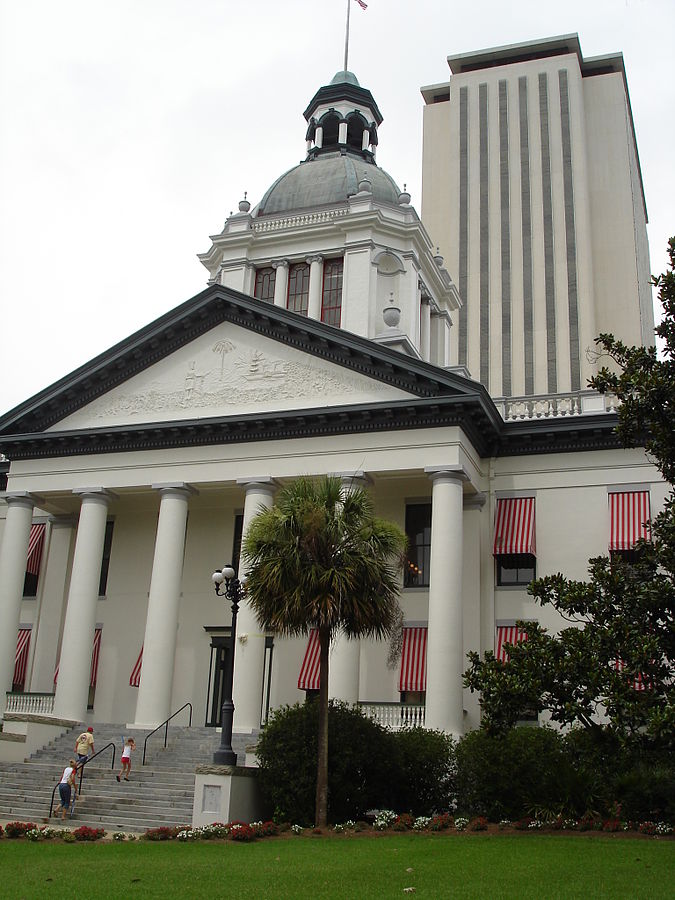
The special primary election for Florida House of Representatives District 24 is on March 7, 2023. Justin Albright, Ryan Chamberlin, Jose Juarez, Stephen Pyles, and Charlie Stone are competing to advance to the general election scheduled for May 16. The filing deadline to run passed on Jan. 10. The special election was called after Rep.…
-
Democrats win Feb. 7 Pennsylvania House special elections

On Feb. 7, 2023, the Pennsylvania House of Representatives held elections to fill vacancies in Districts 32, 34, and 35. The districts opened up following the Nov. 8, 2022, elections when one incumbent died and the other two were elected to different offices. In District 32, Joe McAndrew (D) defeated Clay Walker (R). McAndrew is…
-
Special election preview: Milwaukee Common Council

Three out of 15 seats on the Milwaukee Common Council are up for special primary election. The nonpartisan primaries for Districts 1, 5, and 9 are on Feb. 21, 2023. The general election for all three races is scheduled for April 4. The filing deadline to run passed on Jan. 3. Candidates for District 1…
-
Special election preview: Kentucky State Senate District 19
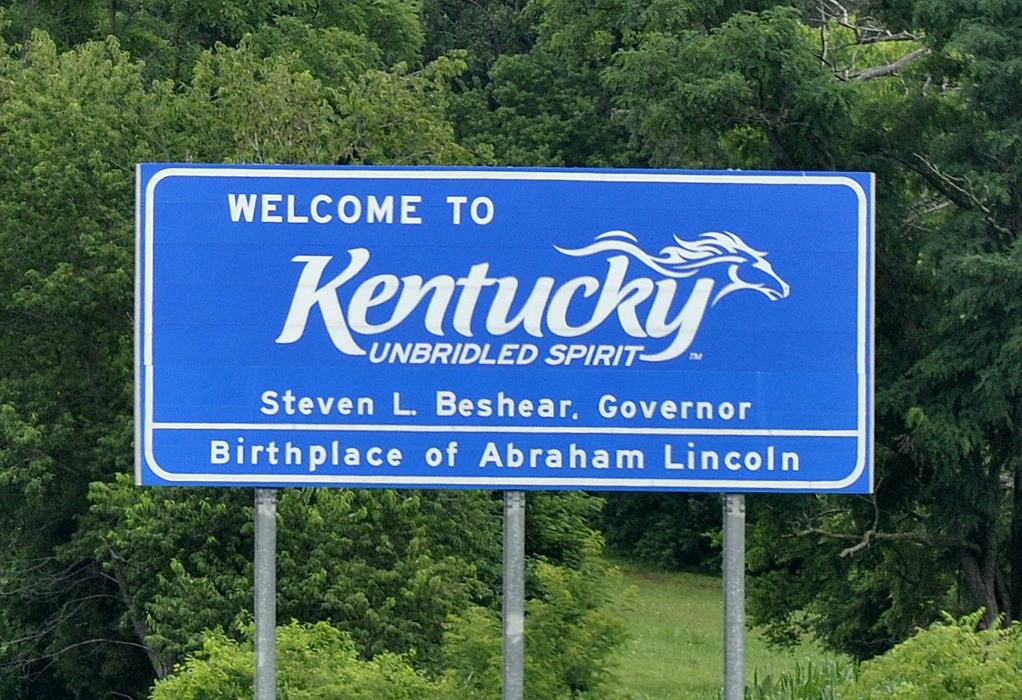
The special general election for Kentucky State Senate District 19 is on Feb. 21, 2023. Cassie Chambers Armstrong (D) and Misty Glin (R) are competing in the special election. The filing deadline to run passed on Jan. 3. The special election was called after Senate Minority Leader Morgan McGarvey (D) left office to represent Kentucky’s…

